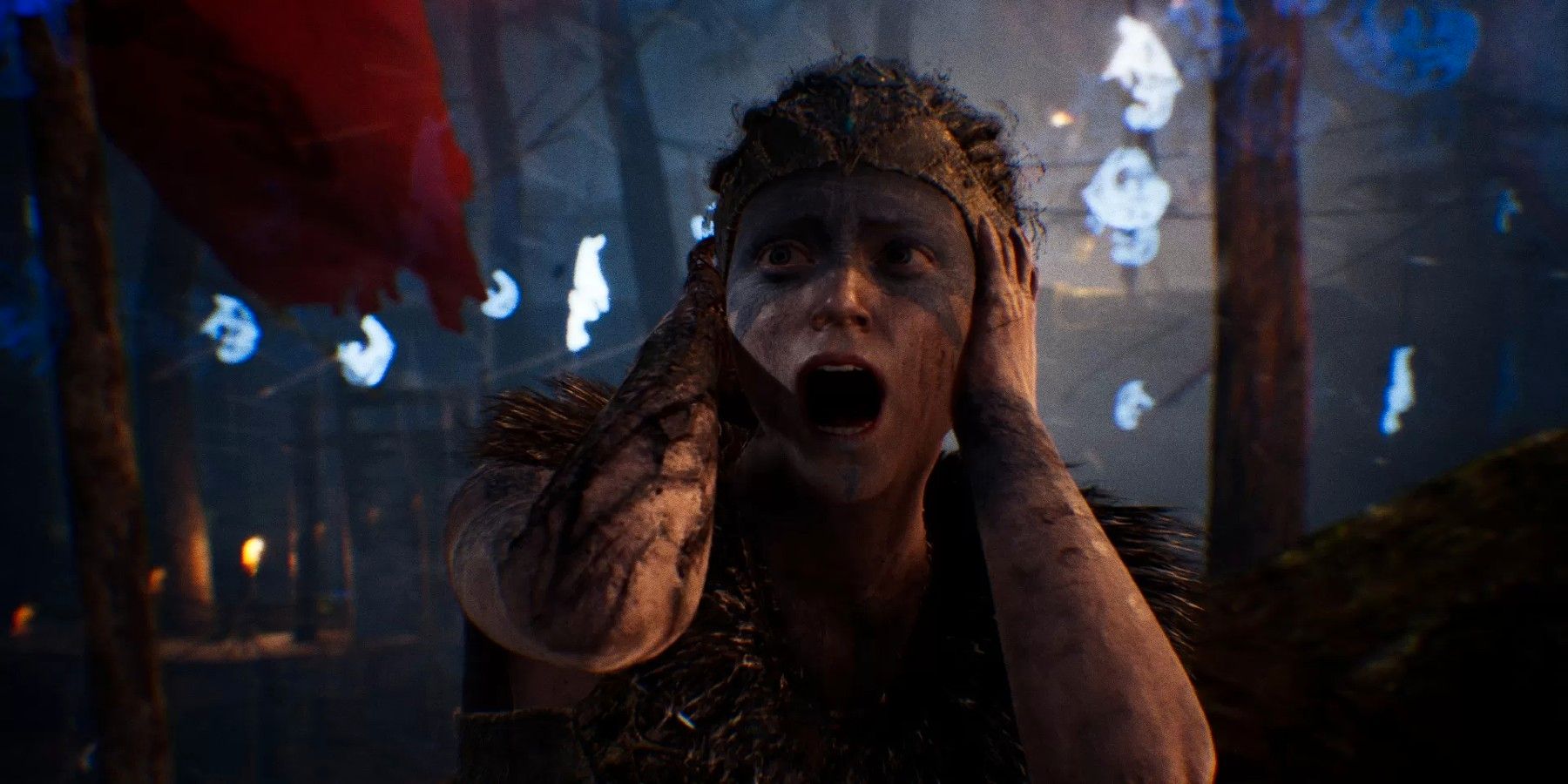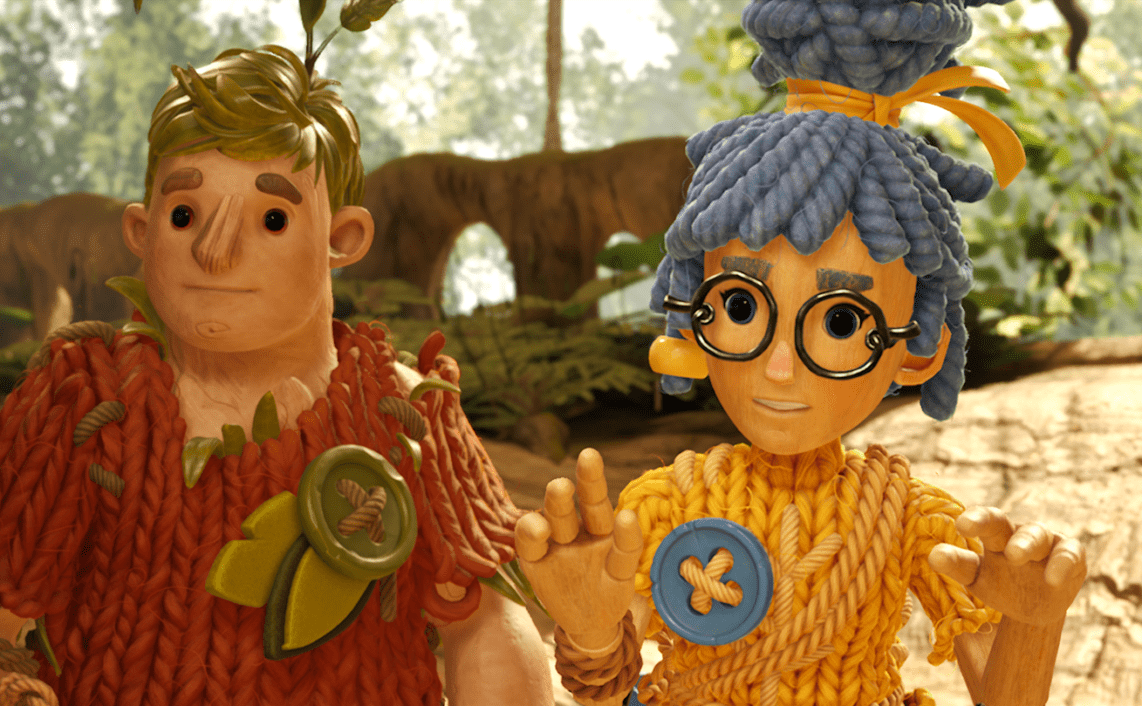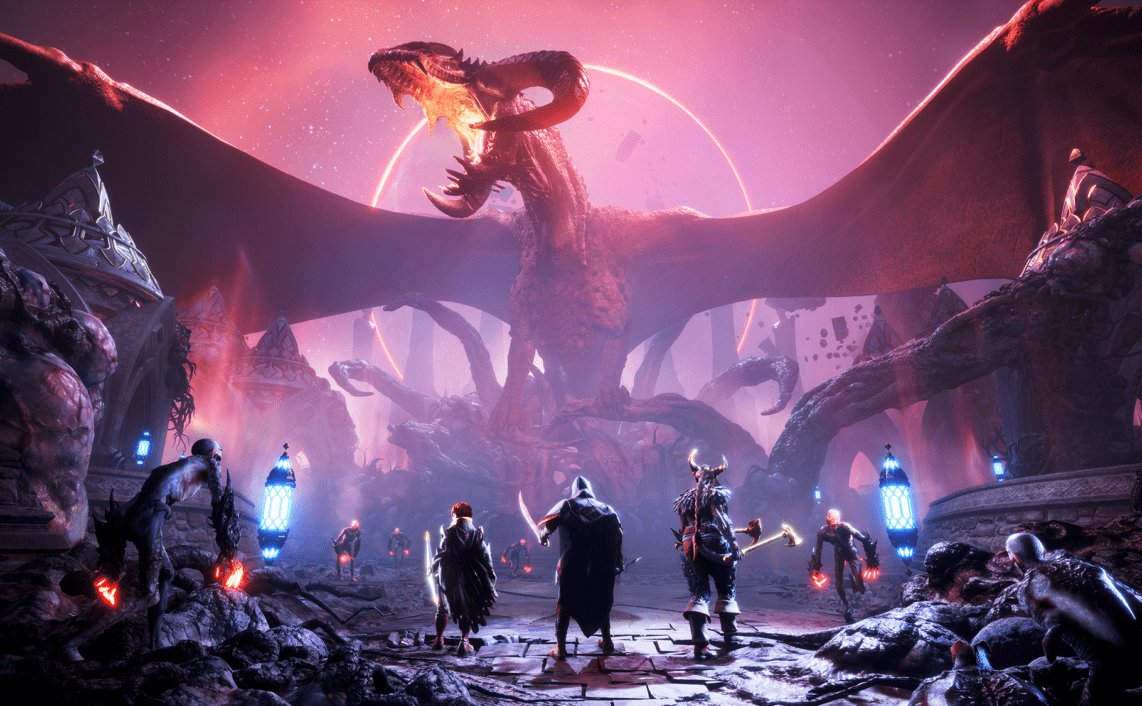The voices came with the darkness. That is not quite true – some are young but some are old. I think the darkness changed them, just like it changed her.
From the first words spoken at the beginning of the journey, you know there is something special to this experience. Hellblade: Senua’s Sacrifice is a game about exploring a young woman’s tormenting fears and bitter grief, associated to losing loved ones. Being built upon direction from experts on mental illness, it’s a voyage of darkness and light, that expertly translates the mental pain the broken heroine is suffering from, into a mindful and shockingly explicit piece of digital storytelling. It is no wonder then, that every word hits its note with conviction. llustrating to non-affected players, that the dire feelings Senua experiences were made stronger by her grief, connected to what she had to endure in her life so far, but were seeded within the deepend of her mind way earlier than she could have ever been aware of.
This voyage expertly translates the mental pain the woman is suffering from, into a mindful and shockingly explicit piece of digital storytelling.
An artful but creepingly comprehensible depiction of the noisy state of mind people dealing with this sort of mental illness are suffering from, the player’s ears are constantly flooded with a choir of voices’ nonstop battle for Senua’s attention, telling her, in everything from a giggling laugh to a screaming pitch, to stop, to go on, to give up, to move on, that everything is useless, that she is nothing, that it is worthless trying, that she is the hero and can very well make it. As a player, you never really get used to the breathless chatter – even more so if played using a headset, as suggested by the developers, bringing the haunting voices even closer to the own mind. You do however start listening to them and their strange melody of disapproval and support, filtering out useful advice on where to head next and when it is time to check Senua’s back for a surprise attack by some axe wielding foe from the shadows.
If it wasn’t clear already, this game does not look away from the dark. It even touches the often taboo topic of suicidal thoughts, when Senua, defeated and broken, discusses an inner monologue about why to go on and if asking this question is a sign of weekness – or of fear of the honest answer? These intimite moments are often accompanied by a sensitive use of color, light and shadows. Often making only so much of the scene clearly tangible for the player to take in the atmosphere, as if Ninja Theory came up with a way of making feelings visable. Narrow, candle lit corridors or burning swamps playfully throwing us right into the protagonist’s construct of terrors. The depiction of her hopeless thoughts and haunting emotions leaves the player behind with a crushing sense of concern and understanding, without falling victim to in any way belittling the thematic framework.
The wonder and beauty of the world never leaves us. It is allways there, waiting to be seen.
Casting Senua as a warrior, stronger in mind and muscle than one might think at the beginning of the adventure, also smartly underlines the premise that, if there happens to be a foul seed within one’s mind, darkness, nurtured from a feeling that is so difficult to detoxify like grief, can very well change everybody. Senua’s self destructing battle against her grim memories, fears and self-doubts are a recipe for desaster, that is closer to many minds in the real world, than one might allow himself thinking when naivly diving into this adventure of swords and axes. Even more importantly then, that despite delving deep into the shadows of Senua’s mind palace, the game does not forget to tell you that, even in the darkest moments, the wonder and beauty of the world never leaves us. It is allways there, waiting to be seen.
〈 If you too are suffering from mental issues, you are not alone. It is okay to ask for help and possible to get treatment, please do so and talk to your doctor. You can also call these numbers of the german pastoral care office for free.
0800 / 111 0 111 & 0800 / 111 0 222 〉




